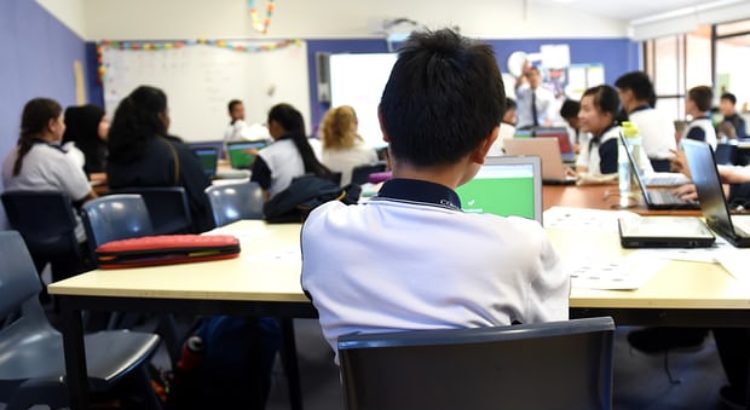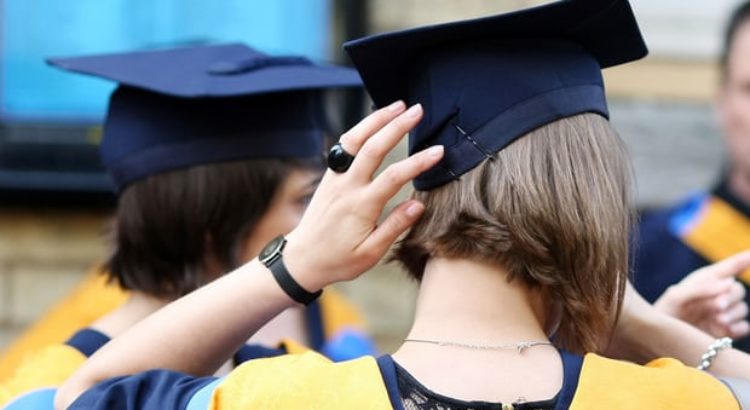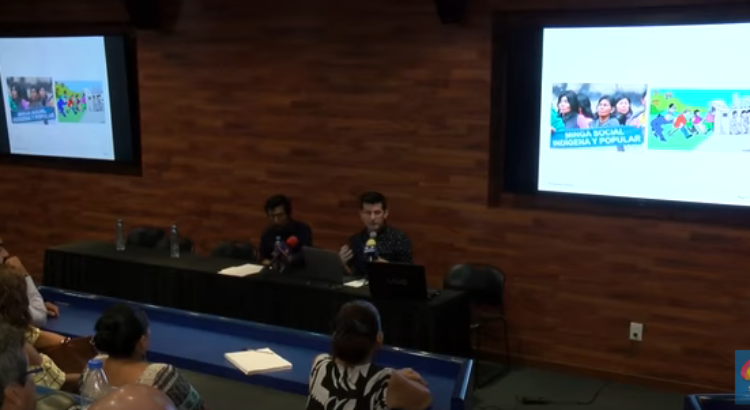By David Zyngier
Students need support, but religious commitment does not equate to professional counselling
ince Trump’s election in the US new legislative measures aim to impose hardline Christian values across US society as part of Project Blitz. The Congressional Prayer Caucus Foundation (CPCF), which claims more than 600 politicians as members across state legislatures, is using the banner of “religious freedom” to impose Christianity on American public, political and cultural life.
Sound familiar? The In Australia, the Human Rights Commission had been asked to investigate the National School Chaplaincy Programme (NSCP) earlier this year, but declined on the grounds Philip Ruddock was already reviewing the country’s religious freedoms for the government.
While the NSCP is formally not religion-specific, 99% of chaplains are Christian while only 52% of Australians identified as Christian in the 2016 census.
Who runs the chaplaincy programs? How are they selected?
In 2014, the Abbott government removed the provision to fund secular student wellbeing officers introduced by the previous Labor government, meaning all chaplains had to be affiliated with a religion. Following the invalidation of NSCP by the high court in June 2014, the government redesigned NSCP, with funding now being delivered via states and territories rather than directly to schools
In 2018, there were 3,288 chaplains employed under NSCP in public and private schools so far costing the taxpayer almost $1b. Chaplains are sourced by and from various Christian church groups. These all have a Christian mission. Scripture Union Queensland, for instance, the largest provider of school chaplains in Australia, proclaims that “Our MISSION is to bring God’s love, hope and good news to children and young people”.
Critics of the NSCP argue that chaplains are seriously under-qualified to deal with vulnerable young people, that it is not appropriate to have a religious worker in a public school, and that the money spent on the programme is better needed elsewhere, such as to help children with disabilities.
The Australian Psychological Society has repeatedly criticised the NSCP. The director of the Black Dog Institute has expressed concern at the funding of chaplaincy over programmes backed by scientific evidence. Associate professor Andrea Reupert, director of Monash University’s mental health in schools’ project, described a chaplain’s comments to a student suffering from an eating disorder that she was “hungering for the word of the Lord” as inappropriate and appalling. Even the vice chancellor of the School of Divinity questions its propriety.
What are chaplains not meant to do?
They may not conduct religious services or ceremonies or lead students or staff in religious observances or deliver special religious instruction. There is considerable evidence that at least some chaplains are in breach of this directive.
Parents must give their prior consent to the provision of chaplaincy services to their child. There is much anecdotal evidence to suggest that this is often not the case.
What are the outcomes of the NSCP?
School chaplains or professional counsellors: If schools only had a choice
89% of school chaplains are employed in lower SES state schools. These under-resourced schools are glad to have any extra assistance. The websitesof the various state education departments are quite clear about their duties. Schools engage chaplains to support the educational, social and emotional wellbeing of students. According to a review by the National School Chaplaincy Association the issues that chaplains were confronted with more frequently included “behaviour management issues”, “peer relationships and loneliness”, “student-family relationship issues” and “grief and loss”. These are undoubtedly serious issues that students require help with. The question is: Should it be chaplains providing that help?
Your child has appendicitis. If given a choice between an unqualified but very empathetic and dedicated first-aider, and a fully qualified doctor, who would you choose to operate on your child?
As Professor Dennis Altman wrote, “our secular society is being eroded – one school child at a time”. We should either remake school chaplaincy as a proper welfare program or scrap it.
Source of the article: https://www.theguardian.com/commentisfree/2018/jun/21/chaplains-or-counsellors-schools-should-have-a-choice














 Users Today : 92
Users Today : 92 Total Users : 35460109
Total Users : 35460109 Views Today : 114
Views Today : 114 Total views : 3418745
Total views : 3418745